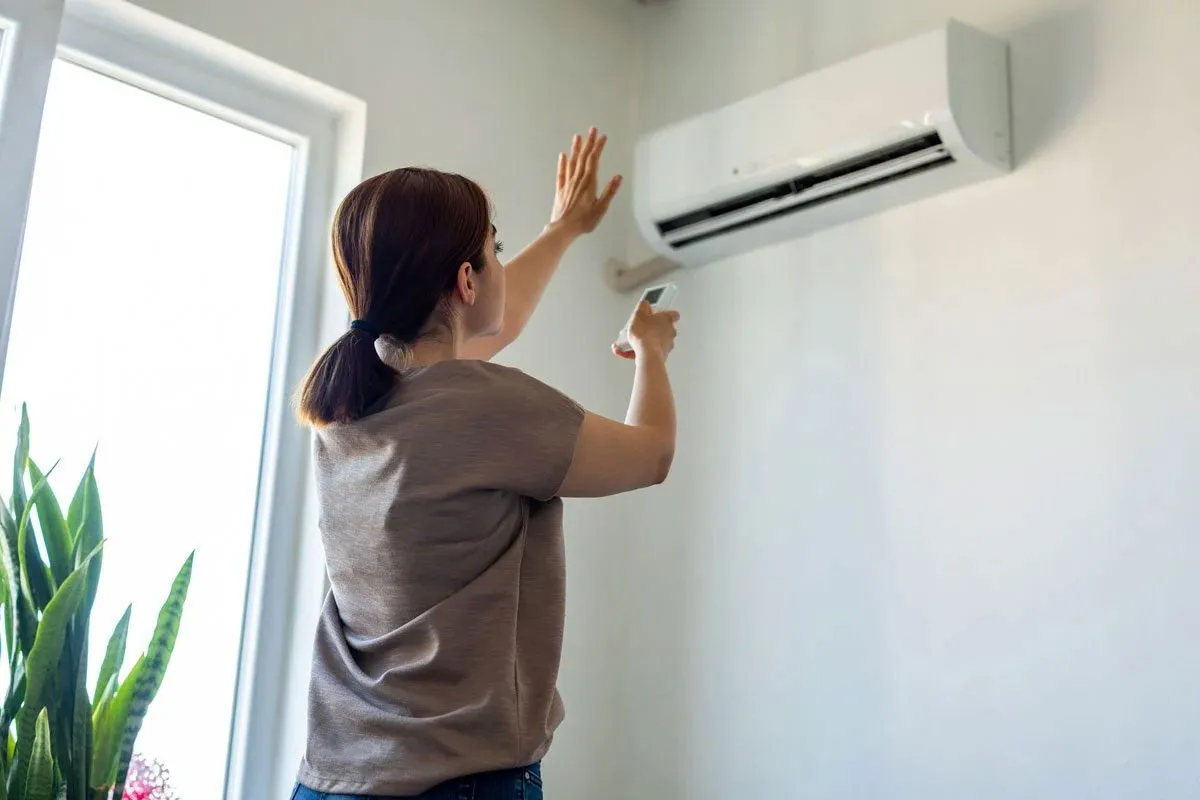
When you turn on your air conditioning expecting cool relief and instead get warm air, it’s a frustrating surprise. There are a few common causes that can explain why an AC system may be blowing hot air, and in many cases, a little troubleshooting can help you identify the issue. Understanding some of these reasons might help you know when a professional HVAC technician should take a closer look or when a simpler fix might be in order.
Check the Thermostat Settings
One of the easiest and often overlooked steps is checking the thermostat. Ensure it’s set to “cool” rather than “heat” or “fan.” It’s a surprisingly common mix-up, especially if other household members may have adjusted the settings. Make sure the temperature is set lower than the current room temperature so that the AC system knows it’s supposed to be cooling.
Airflow Blockages or Dirty Air Filters
A clogged or dirty air filter can quickly affect your AC’s cooling power. If the filter is blocked, the airflow throughout the system slows down, which may cause the unit to struggle and produce warmer air. The restricted airflow forces the AC to work harder, leading to reduced efficiency. Replacing the air filter every one to three months, especially during peak summer use, can help maintain optimal airflow.
Electrical Issues Could Be the Cause
Sometimes, electrical issues can prevent the outside unit from receiving power, which may lead to a situation where your system only circulates indoor air without actually cooling it. This could be due to a tripped breaker or a blown fuse. Try resetting the breaker or replacing the fuse if you’re comfortable doing so. However, if the breaker trips repeatedly, this could indicate a bigger electrical issue, and calling a professional is best.
Low Refrigerant Levels
Refrigerant is a critical part of cooling, and if levels are too low, your AC won’t be able to cool effectively. Low refrigerant can occur due to leaks, which is a more serious issue. If you suspect a refrigerant leak, it’s time to contact an HVAC technician, as adding refrigerant requires specific tools and skills. Running an AC on low refrigerant can cause damage over time, so it’s important to address this issue promptly.
Outdoor Unit Problems
For your air conditioner to work efficiently, the outdoor unit must be clean and free of obstructions. Debris, leaves, or even dirt buildup around the unit can interfere with proper cooling. Inspect the area around the outdoor unit to see if there’s anything blocking it, and clear away any debris if you’re comfortable doing so. Avoid using high-pressure water that could damage parts. For more significant buildup, consider scheduling a professional cleaning to keep the system in top shape.
Frozen Evaporator Coils
Frozen evaporator coils can also lead to warm air blowing from your AC. This happens when airflow is restricted, or refrigerant levels are low. If you notice ice forming on the coils, switch off the unit and allow it to thaw completely. Running an AC with frozen coils can damage it, so turning it off and reaching out to a technician for further inspection is wise.
When to Call a Professional
While some causes of warm air can be addressed with a quick fix, others need professional attention. If basic troubleshooting doesn’t solve the issue, or if you’re unsure about tackling a specific problem, it’s best to contact an HVAC specialist. A skilled technician can identify and resolve issues efficiently, preventing further complications and keeping your AC running smoothly.
If your air conditioner is blowing warm air, consider these potential causes and decide if a professional’s help is needed. Staying on top of maintenance and addressing problems early can keep your AC performing well and help you stay cool all season long.